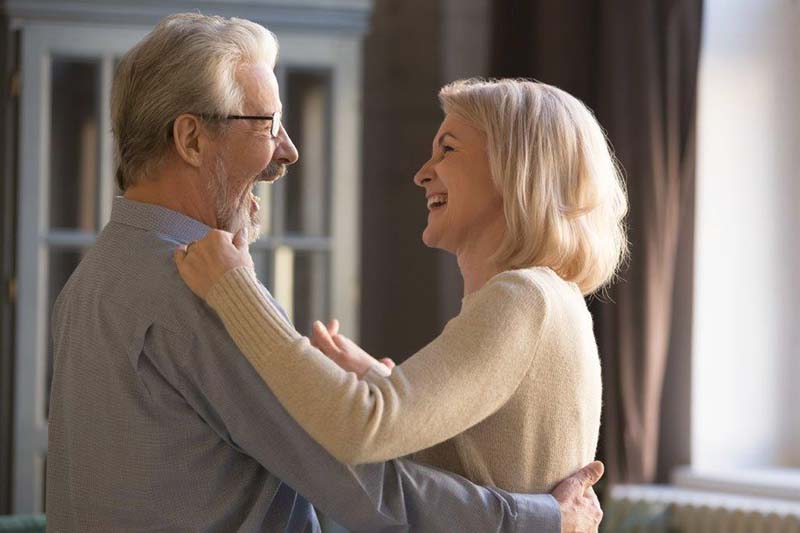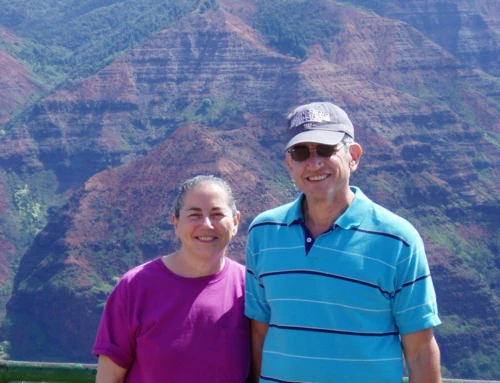In her book, Dementia Reimagined, Tia Powell, MD, director of the Montefiore Albert Einstein Center for Bioethics and professor of psychiatry and bioethics at Albert Einstein College of Medicine, urges us to look at dementia in a different way. While cure is the ultimate goal in the fight against Alzheimer’s disease, until that day comes, Dr. Powell’s goal is to move conversations away from an exclusive focus on cure to a genuine appreciation for care and what care can do to help those with dementia preserve their dignity, balance independence and safety and keep life meaningful; helping those who are losing their memories find some joy.
Earlier this summer, Alzheimer’s New Jersey lost a long- time volunteer and advocate who happened to have Alzheimer’s disease. I said happened to have because Steve didn’t want to be defined by Alzheimer’s and what he could no longer do as a person with the disease. He wanted to be known for what he still could do. He didn’t have false hope – he knew he was in the fight of his life – his message was not about loss but, about exactly what Dr. Powell would say is preservation of dignity. He was a fighter who wouldn’t let Alzheimer’s disease “put him in a box.”
For Steve, that meant helping the community better understand Alzheimer’s disease and its impact on those who live with it. On many occasions, I had the honor of sharing a microphone, a podium and a pen with Steve and his spouse as they shared their Alzheimer’s disease experience and message of dignity with the press and at various education events. Steve also volunteered as a member of our Walk to Fight Alzheimer’s planning committee and at the Walk events; participating with his family team to fundraise in support of Alzheimer’s New Jersey local programs and services. In addition, he volunteered as a clinical trial participant, supporting research for a treatment and cure.
None of this changed the course of the disease. Alzheimer’s disease continued to progress. While giving Steve strength and support, his family witnessed this insidious disease steal the memories and connections built over a lifetime until finally there was nothing left to take.
It was Steve’s hope that his message lives on and helps change the way we look at Alzheimer’s. Dignity and joy in what is preserved – not an emphasis on what is lost. That is why I wanted to share Steve’s story with you. I hope it helps you as a caregiver facing the many challenges of Alzheimer’s disease.
We all have different capabilities and resources and not everyone with dementia can be or needs to be an advocate or a volunteer or a media spokesperson. That was not Steve’s message. Instead, it was that in the face of all the physical and emotional stress of Alzheimer’s disease, we must work to find joy even in the small things. That may mean letting go of the facts that are no longer the reality of the person with dementia and living in the simple moments of conversation, humor, shared activities like music and dance, the spirituality of your individual beliefs and just simple human connection. The kind that preserves dignity and brings joy.
Ken Zaentz
President and CEO





